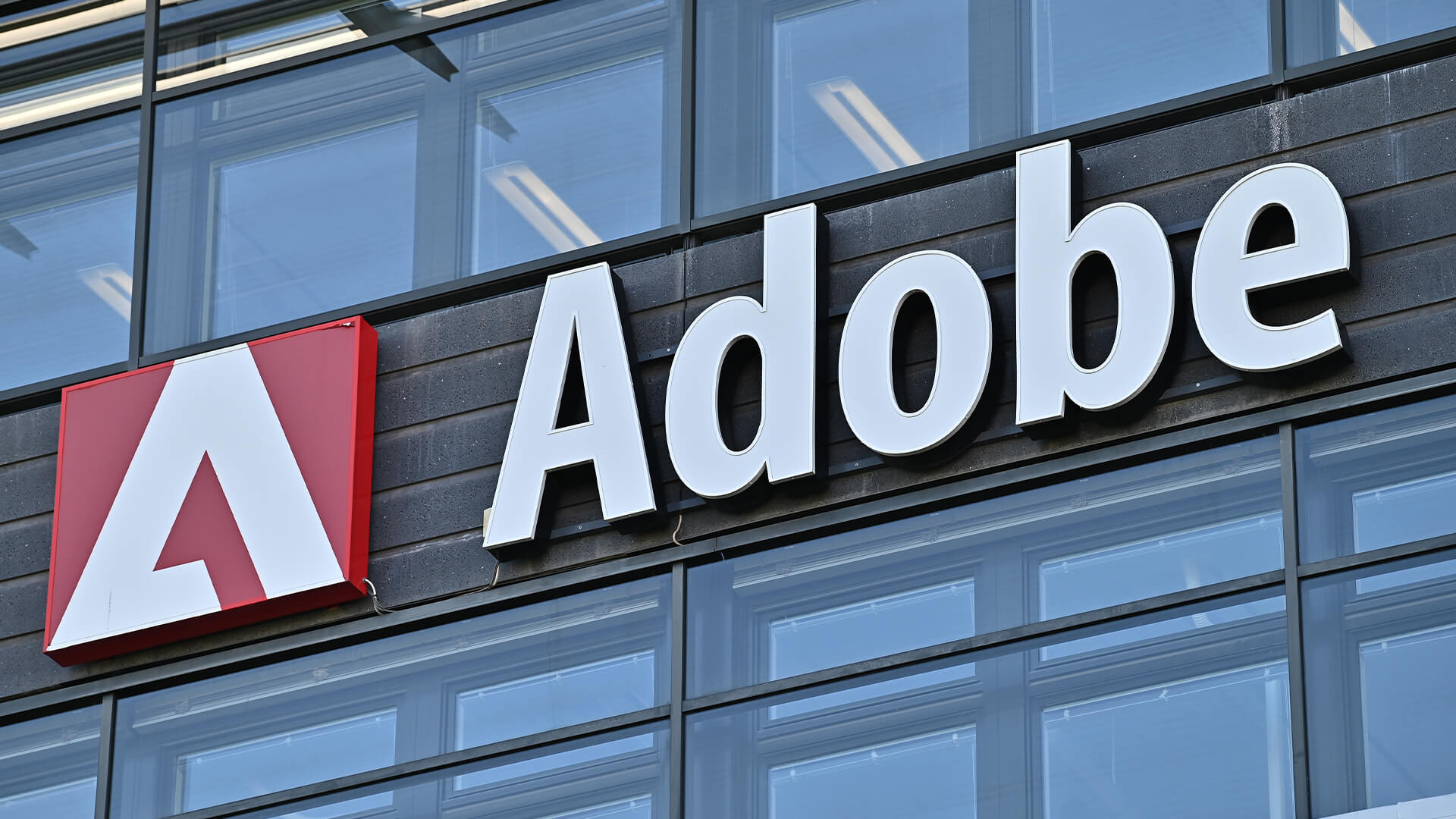Adobe brings generative AI to Photoshop’s web version
Adobe launches web-based Photoshop with built-in AI features, offering convenience and enhanced creativity.

Adobe announced last Thursday that Photoshop is now available on the web. This comes after over a year of beta testing. The online version is laced with generative artificial intelligence (AI), making it Adobe’s first offering that is closely tied to AI technology.
The web-based Photoshop works on any browser, eliminating the need to download or install any software. Access to the online version comes with all paid Photoshop plans, starting at US$9.99 per month. Adobe is also offering a free seven-day trial but has decided against a free-to-use version at launch.
A closer look at the AI features
Adobe has blended Photoshop with generative AI technology, which is becoming increasingly popular in the tech world. Named Adobe Firefly, this generative AI system was launched earlier this year. Adobe suggests that Firefly will act as a “co-pilot” for graphic designers, assisting them in their creative process.
Notable features that will be available on the web-based Photoshop include “Generative Fill” and “Generative Expand.” These features allow users to add, delete, or modify elements in photos through simple text prompts. Also making its debut is the “Contextual Task Bar,” which provides suggestions for your next best action while you work.
A step toward streamlining user experience
Over the years, Adobe has consistently included AI in various tools, such as background replacement features. Recently, the company has stepped up its game, enhancing the use of AI in image and template creation, thus simplifying photo editing tasks for users. Adobe has reiterated that this AI infusion is designed to assist rather than replace human creativity.
















